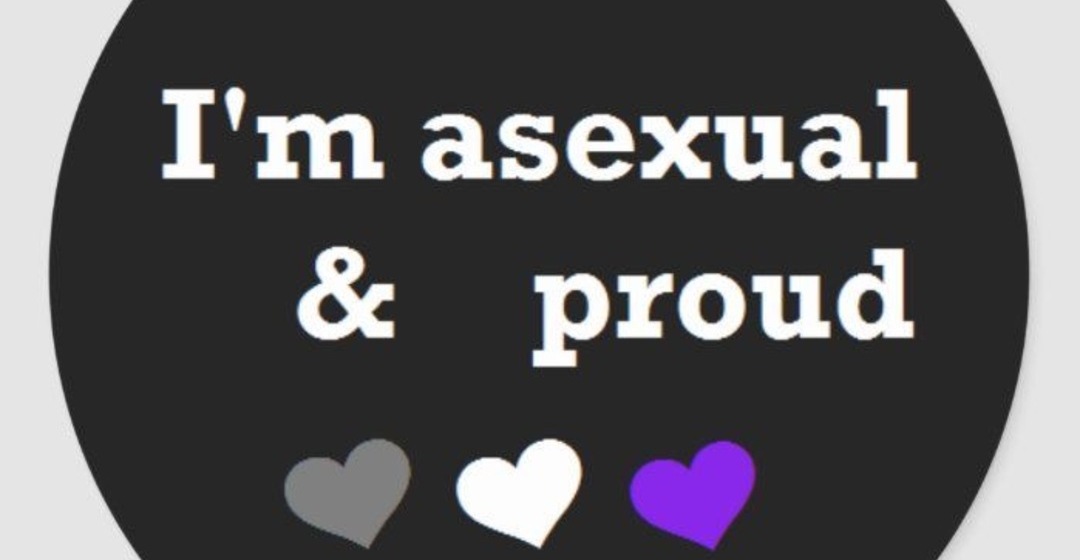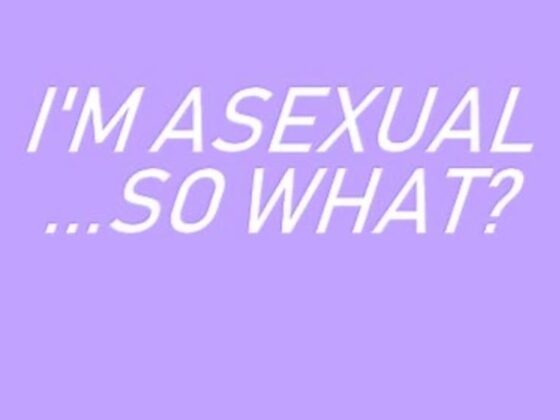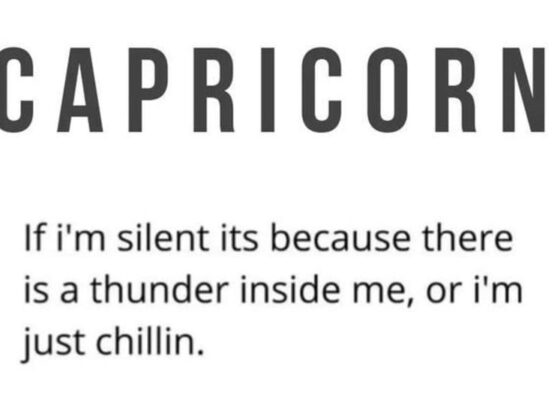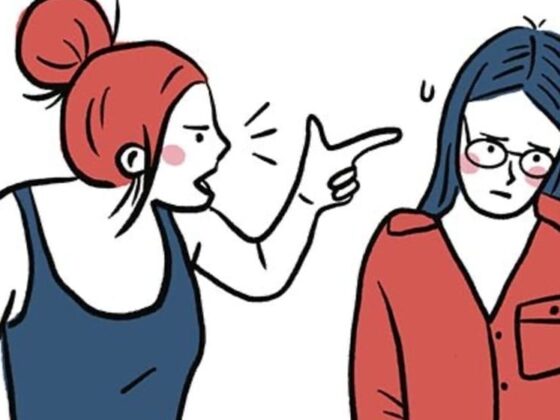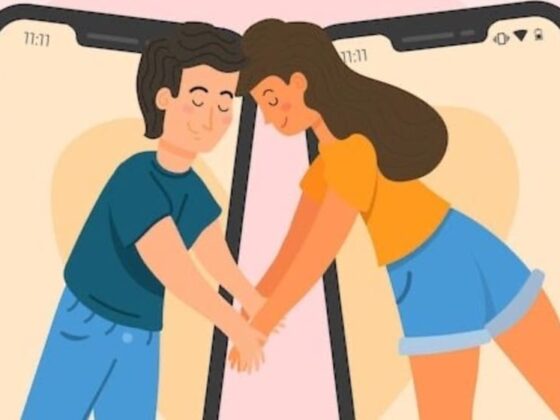Exploring Asexuality: Unraveling the Basics and Answering Your Curiosities
Today, we’re delving into a topic that might not be as frequently discussed as others, but it’s just as fascinating and important: asexuality (asexual meaning). In a world where romantic and sexual relationships often take the spotlight, asexuality offers a unique lens through which we can understand the diverse tapestry of human experiences. So, let’s embark on a journey of exploration, where we’ll not only grasp the fundamental concepts of asexuality but also delve into 15 Frequently Asked Questions (FAQs) to gain a comprehensive understanding of this remarkable aspect of human diversity.
What is the Meaning of Being Asexual?
At its core, asexuality is all about attraction, or more precisely, the lack of it. Imagine a scenario where the spark of sexual attraction simply isn’t ignited, no matter who’s in the picture. Asexuality is not synonymous with being uninterested in relationships, nor does it equate to being emotionally detached. Instead, it encompasses a unique form of attraction—one that doesn’t involve sexual desire. Just like some individuals experience romantic connections, asexual individuals can form deep emotional bonds and loving relationships that are not primarily driven by sexual allure.
FAQ 1: Is Asexuality the Same as Celibacy?
No, asexuality and celibacy are distinct concepts. Asexuality is an intrinsic aspect of one’s sexual orientation, reflecting a lack of sexual attraction. Celibacy, on the other hand, is a conscious decision to abstain from sexual activities, often motivated by personal, cultural, or religious reasons. While both concepts might result in not engaging in sexual behaviours, their underlying motivations are different.
FAQ 2: Are Asexual People Uninterested in Relationships?
Absolutely not! Asexuality does not preclude the desire for meaningful relationships. Asexual individuals are as capable of forming romantic connections as anyone else. It’s important to differentiate between romantic and sexual orientations. While sexual attraction might not be a driving force, emotional intimacy and companionship can play a pivotal role in the relationships of asexual individuals.
FAQ 3: Is Asexuality a Medical Condition?
No, asexuality is not a medical condition or disorder. It’s a valid sexual orientation that falls within the spectrum of human diversity. Just as being heterosexual, homosexual, or bisexual is not a medical issue, asexuality is a natural facet of human variation.

FAQ 4: Are Asexual People Emotionally Cold?
Absolutely not. Asexuality pertains to sexual attraction and desire, not emotional warmth. Asexual individuals experience emotions in the same way as individuals of any other sexual orientation. Emotions, ranging from affection to empathy, are an integral part of the human experience and are not determined by one’s sexual orientation.
FAQ 5: Can Asexual People Experience Sexual Pleasure?
Yes, asexual individuals can experience sexual pleasure. While they may not experience sexual attraction in the same way others do, they are still capable of feeling physical pleasure and engaging in sexual activities. The motivation for participating in such activities can vary, including curiosity, physical sensation, or a desire to connect with a partner on an intimate level.
FAQ 6: Do Asexual People Feel Lonely?
Asexual individuals, like individuals of any sexual orientation, can experience feelings of loneliness at times. Loneliness is a universal human emotion that arises from a variety of factors, such as social interactions, relationships, and personal circumstances. Asexuality does not inherently correlate with feelings of loneliness.
FAQ 7: Can Asexuality Change Over Time?
Asexuality, like other sexual orientations, can be stable for some individuals and fluid for others. Some people may identify as asexual consistently throughout their lives, while others might find that their feelings and understanding of their orientation evolve over time. It’s important to recognize that an individual’s sexual orientation is a deeply personal aspect of their identity.
FAQ 8: Is Asexuality Rare?
Asexuality is not as widely understood or discussed as other sexual orientations, but it is not inherently rare. Just like any other sexual orientation, asexuality represents a natural and valid way of experiencing attraction. The perceived rarity of asexuality may be influenced by societal visibility and awareness.
FAQ 9: Is Asexuality a Choice?
No, asexuality is not a choice. It is a fundamental aspect of an individual’s identity, similar to how other sexual orientations are inherent and not subject to conscious decision-making. People do not choose their sexual orientation; rather, it is an integral part of who they are.
FAQ 10: Are Asexual People Repulsed by Sex?
Asexuality does not dictate one’s feelings toward sexual activities. While some asexual individuals might experience sex repulsion, many others do not. Asexuality primarily concerns the absence or minimal presence of sexual attraction, rather than an individual’s emotional response to sexual activities.
FAQ 11: Can Asexual People Have Children?
Yes, asexual individuals can have children if they choose to do so. Asexuality does not affect one’s biological capacity to have children. Just like individuals of any sexual orientation, asexual individuals can engage in reproductive processes if they decide to become parents.
FAQ 12: Do Asexual People Face Discrimination?
Unfortunately, asexual individuals can face misunderstandings and discrimination due to a lack of awareness and understanding about asexuality. Discrimination can manifest in various ways, such as invalidation of their orientation or societal pressures to conform to normative expectations of relationships and attraction.
FAQ 13: Is Asexuality a New Concept?
Asexuality is not a new concept; it has existed throughout history. However, discussions and visibility surrounding asexuality have increased in recent years as conversations about sexual orientations and identities have expanded.
FAQ 14: How Can I Be Supportive of Asexual Individuals?
Supporting asexual individuals involves fostering an environment of respect, understanding, and acceptance. Educate yourself about asexuality by seeking accurate information and listening to the experiences of asexual individuals. Approach conversations with an open mind and empathy, and refrain from making assumptions or judgments based on stereotypes.
FAQ 15: Are There Any Legal Implications or Laws Around Asexual Behaviour?
As of now, asexuality itself is not typically subject to legal implications or laws in most jurisdictions. However, discussions around sexual orientation and human rights are ongoing, and laws may vary from place to place. It’s important to advocate for equal rights and protections for individuals of all sexual orientations, including asexuality, to ensure a just and inclusive society.
In conclusion, asexuality offers us a unique lens through which we can explore the intricacies of human attraction and relationships. Embracing the diversity of sexual orientations enriches our understanding of the human experience, reminding us that there is no one-size-fits-all approach to matters of the heart. By nurturing an environment of empathy and knowledge, we contribute to a world where everyone’s identity and experiences are valued and celebrated.
Love,
Team LadyInRoseGold


